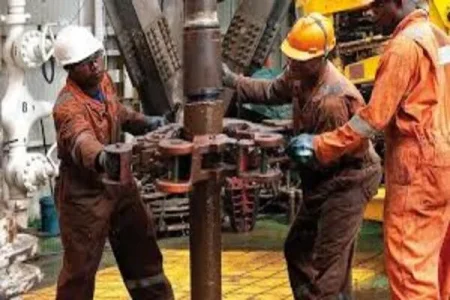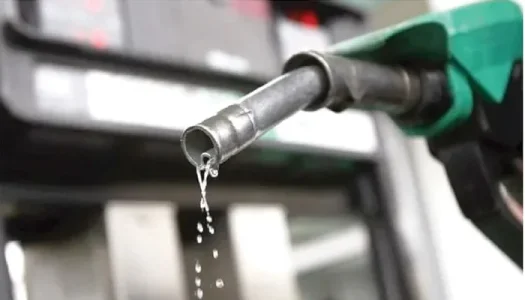
Nigeria has emerged as Africa's leading importer of refined petrol, with shipments from Europe on the rise due to increased crude oil deliveries from the Middle East to Europe following the E.U.'s ban on Russian oil.
Analysts at S&P Global Commodity Insights highlighted this trend, noting that surplus refined petrol ships are now being redirected to Africa, with Nigeria being the primary destination.
However, the report warned that Nigeria's reliance on European petrol imports may not last long, given the imminent full production from the 650,000-barrel Dangote refinery.
Once operational, the refinery is expected to reduce Nigeria's need for petrol imports, potentially causing a shift in European petrol exports.
The report indicated that European petrol exporters will need to find alternative markets or reduce supply to Africa as Nigeria's domestic production ramps up.
This development underscores Nigeria's efforts to decrease its reliance on imported refined petroleum products.
In recent years, Nigeria has made strategic investments to boost domestic refining capacity, including purchasing a stake in the Dangote refinery and initiating repairs on state-owned refineries.
The 650,000-barrel capacity Dangote refinery, which commenced crude oil refining operations in December, represents a significant milestone in Nigeria's quest for self-sufficiency in petroleum refining.
Despite delays in its commissioning, the refinery has already begun contributing to domestic refining efforts.
Moreover, Nigeria's decision to remove the petrol subsidy in June reflects its broader strategy to stabilize local fuel prices and reduce foreign exchange demand on imports.
As the country continues to prioritize domestic refining capacity, it aims to further reduce its reliance on imported refined petroleum products.




